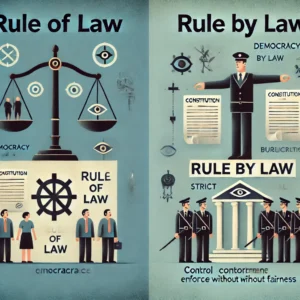Religious Freedom in India: Constitutional Rights and Democratic Prospects
🕊️ Religious Freedom in India India is one of the most religiously diverse countries in the world. From temples and mosques to churches and gurdwaras, faith plays a central role in the lives of millions. But with such diversity comes the need to protect every individual’s right to believe—or not believe—freely and equally. This is […]
Religious Freedom in India: Constitutional Rights and Democratic Prospects Read More »

